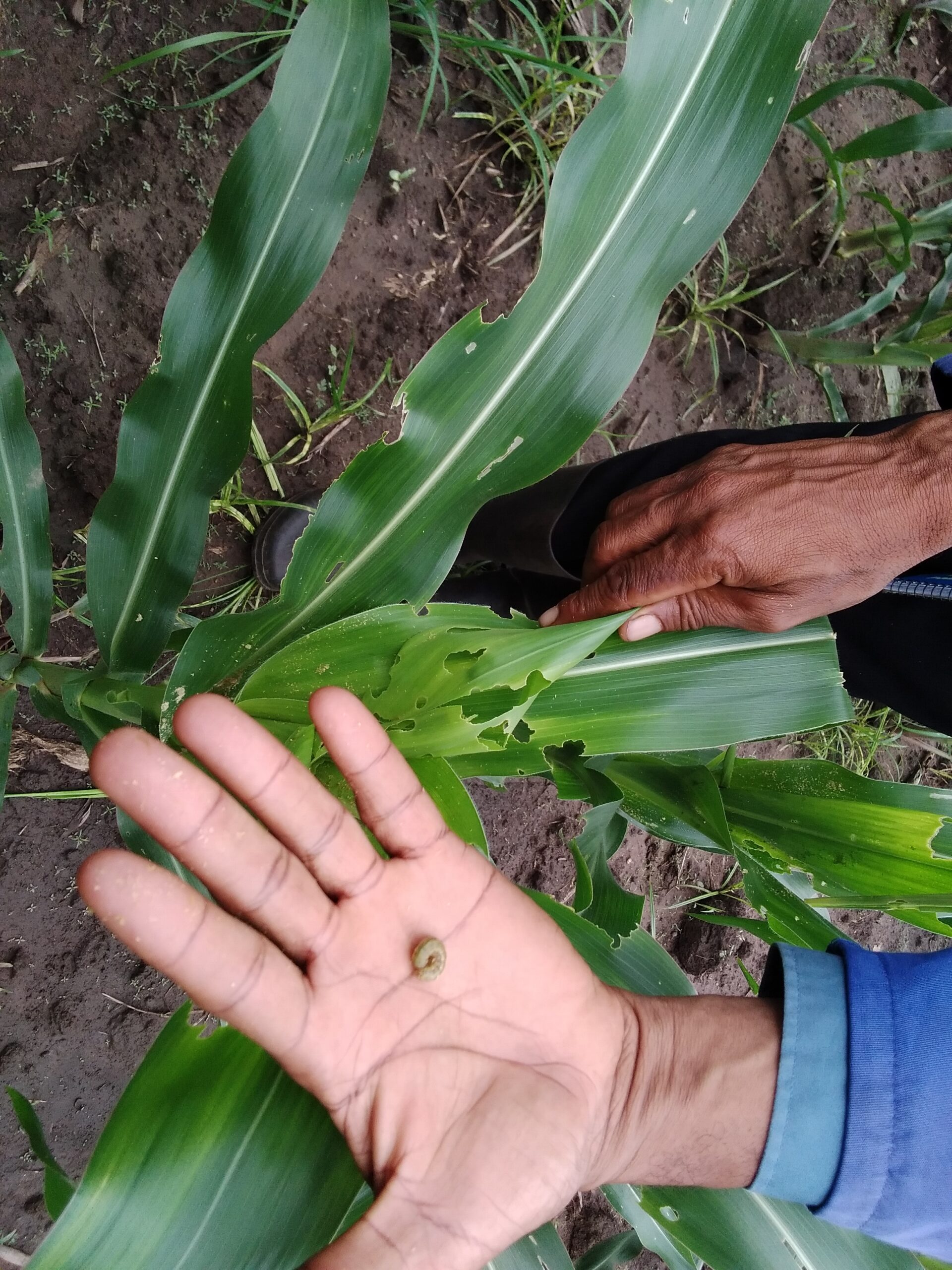
By Helen Witti
The Centre for Agriculture and Biosciences International (CABI) says government is losing US$159million every farming season due to fall armyworm attack and climate change.
“The monetary loss in the country per year according to CABI is estimated at US $159 million. As we tackle fall armyworms, let us also not forget the negative impacts triggered by drought and floods against the food security of the country,” said Alick Daka, Ministry of Agriculture Deputy Director under the Department of Agriculture.
Speaking during the official opening of the Integrated Pest Management (IPM) training for Senior Agricultural Officers and Crop Husbandry Officers in Central province, Mr Daka said according to CABI, at least 98% of smallholder Zambian farmers are affected by the fall armyworm every cropping cycle, leading to substantial yield losses.
Mr Daka disclosed that the average infestation rate countrywide is now at 21percent and that 2,456 out of 2,728 agriculture camps are affected in all the 116 districts of Zambia.
“Over 316,000 hectares of maize fields have been affected by the fall armyworms this 2024/25 farming season affecting 596, 255 farming households countrywide,” he said.
In response to this occurrence of the fall armyworm, government procured 55,000litres of numerous chemicals for the control of the fall armyworm and distributed to all the 10 provinces and the chemicals were procured for strategic reserve commitments.
“I wish to bring to your attention that the total value of the chemicals which were distributed to all the ten provinces of Zambia in this 2024/2025 farming season is K17, 584,052,” he disclosed.
Mr Daka emphasized that if the issue of fall armyworm integrated management is adopted, adapted and practiced nationwide wide, such kind of money can instead be channeled into other areas of need such as social economic amenities for our country.
Chief Agricultural Officer Shadreck Mwale, disclosed the Ministry of Agriculture has planned to train 232 district subject matter specialists namely; 116 Senior Agricultural Officers and 116 Crop Husbandry Officers on emerging issues in the IPM options of the fall armyworm.
Mr Mwale added that the trained officers would further cascade these trainings to all the 2,728 camp extension officers country wide and that the front-line staff are also expected to train 1,310,000 small scale farmers with at least a minimum 500 small scale famers trained per camp.
He said government is doing everything possible to manage the fall armyworms as they can cause devastating impact on food security, economies and livelihoods.
Meanwhile, Acting Senior Agricultural Research Officer Demain Mabote Ndalamei explained that the fall armyworm come from East Africa and is here to stay.
Mr Ndalamei has since advised farmers practice crop rotation and intercropping as these methods have proved that to be helpful in the reducing the infestation rate among other methods.
A Kapiri Mposh based farmer, Emma Chipili says her field was badly affected this farming season but she started using sand and ash to put in the maize stalks and that it has been helpful.
Ms Chipili said she is also using Tephrosia leaves to spray her maize field, which has also been working well.
She has since called on her fellow farmers to be on proactive and use other methods such as scouting to fight the fall armyworms.-NAIS
